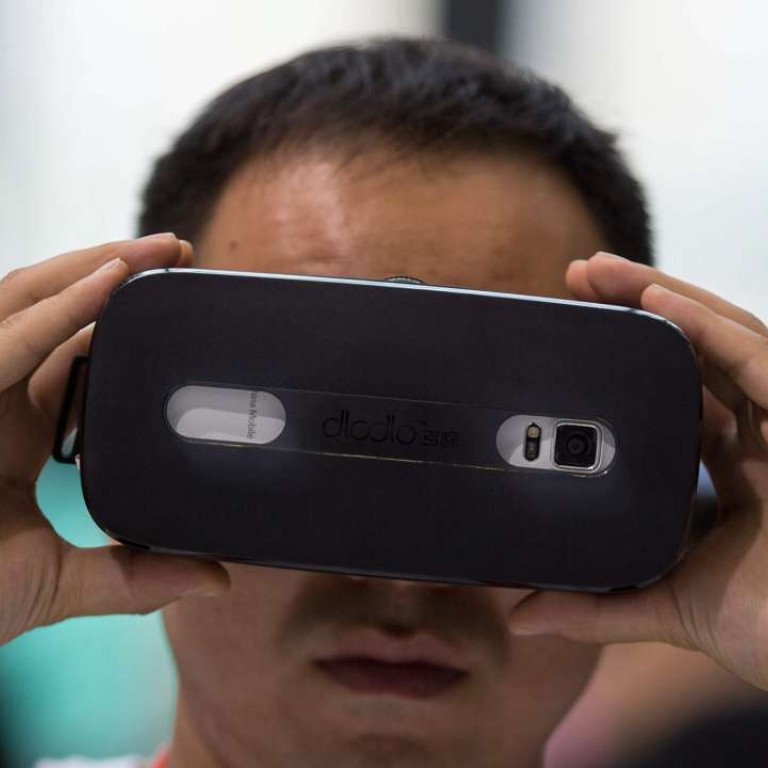
China’s venture capitalists not so tempted as others by virtual reality
Country’s investors holding back from the technology for now.
Global internet giants and gadget makers are betting big on virtual reality (VR). Still, the investment craze has yet to tempt China’s venture capitalists who are waiting for breakthroughs in technology and adoption.
Cao Xi, managing director of Sequoia Capital China, said his venture capital firm has studied investment opportunities in VR, in particular and its usability of the technology in the real world.
“VR is a frontier technology with a lot of potential, but what we need first is user demand and sites for the use of VR,” Cao told the Global Mobile and Internet Conference last month.
VR is seen as the next big thing in the technology world that is expected to revolutionise the gaming and entertainment industry. Video games, movies and televisions are currently the major sectors to adopt VR technology and bring an immersive experience to users.
VR is a frontier technology with a lot of potential, but what we need first is user demand
The VR frenzy was heated up with Facebook’s launch of Oculus Rift in March. It is a VR headset developed by a firm acquired by the social media company for US$2 billion in 2014. Japanese gadget maker Sony plans to launch its PlayStation VR headset in October this year. Taiwanese smartphone maker HTC has also tapped into the market with the introduction of its HTC Vive VR headset last month.
Large companies are keen on VR investments and are willing to pay more, so venture capital funds do not have the price advantage in bidding for those projects, Cao said.
Qiming Venture Partners, an early investor of Chinese technology start-up Xiaomi, has also considered the investment opportunities in VR and artificial intelligence, founding managing partner Duane Kuang said.
“We spent some time looking at AI and VR, both are very cool,” he said. “However, from a venture capital point of view, I think we should not invest in something that far advanced.”
The technology is already there but it is still at an early stage, he said. “The potential for AI and VR is huge, but we need to find the right time to invest in it,” Kuang said.
At this stage, VR requires some breakthroughs in users’ experience, said David Tang, partner and managing director of Nokia Growth Partners, a venture capital firm funded by the Finnish telecommunications company, once the world’s leading mobile phone maker.
For instance, using a VR headset for long period of time will cause vertigo, Tang said.
Some investors are concerned that time limitations will hide the potential of VR and restrict mass adoption.
“Studies on solutions have been underway, we see huge potential in VR,” Tang told the South China Morning Post in an interview.
VR investment is one of the foci of the fund, in line with the strategy of Nokia, which launched a 360-degree VR camera in March, he said.
Tang expects VR technology will be adopted in the tourism industry.
“With VR headsets, users can view hotels, museums and tourism spots before they visit,” he said.
VR or augmented reality is potentially a hot investment for China’s technology sector, but it will take time for the industry to take off, brokerage firm China Galaxy Securities said in a report.
It is now at a critical point and should switch the focus of VR applications from a business concept and turn it to the consumer market, it said.
The VR or AR industry is at an early stage of development, and the market for VR hardware is relatively small at this stage, the report said.
Games and videos are two areas that will see faster adoption of VR technology, while internet cafes, VR experience stores and theme park operators will also see strong growth in the near term, the report said.

